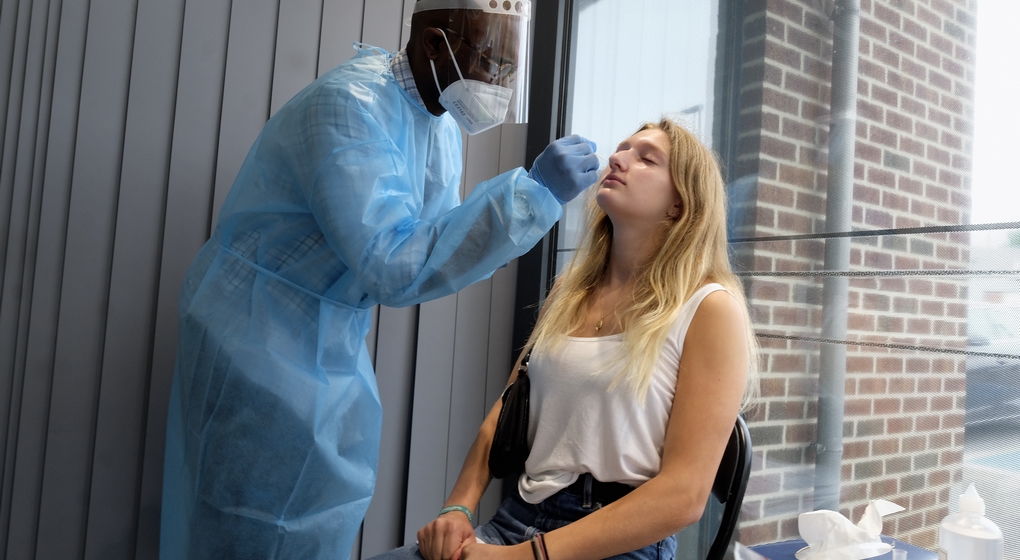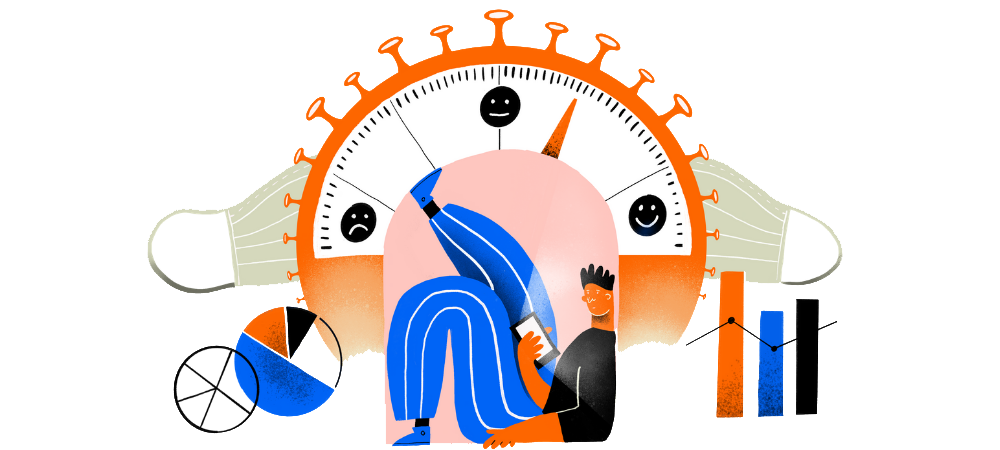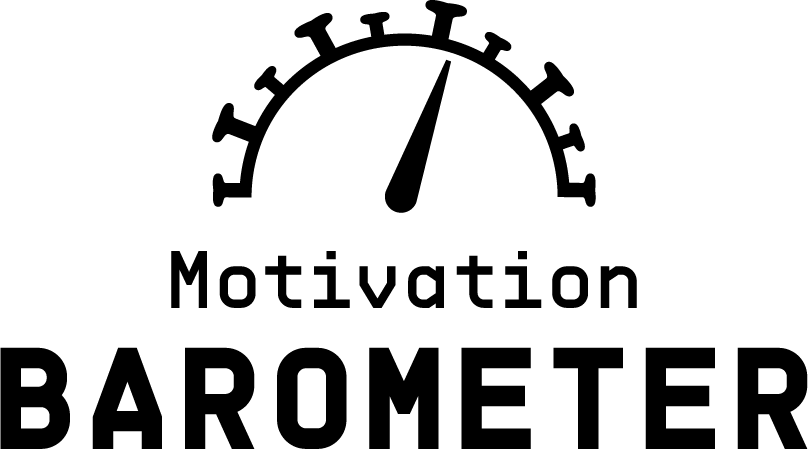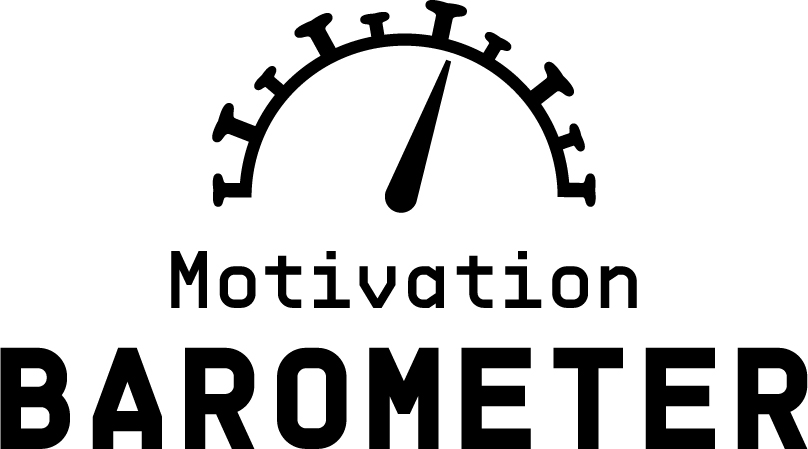
Rapport 39
We zijn in een nieuwe fase van de pandemie beland: de omikron-variant breekt algemeen door, het aantal We zijn in een nieuwe fase van de pandemie beland: de omikron-variant breekt algemeen door, het aantal dagelijkse besmettingen stijgt naar ongeziene hoogten, de tot nog toe gevolgde teststrategie is niet meer vol te houden en de quarantaineregels op school werden meermaals bijgestuurd. Lagere schoolkinderen en hun ouders worden uitgenodigd om zich te laten vaccineren en het debat over verplichte vaccinatie staat op de parlementaire agenda. Tegen deze woelige achtergrond peilt de motivatiebarometer ook dit keer opnieuw hoe de motivatie, het welbevinden en vaccinatie-attitude van de bevolking is geëvolueerd. In dit 39ste rapport focussen we op de volgende 5 vragen:
- Hoe hoog is de motivatie om zich aan maatregelen en beslissingen van het overlegcomité te houden en hoe hangt dit samen met het waargenomen besmettingsrisico ?
- Hoeveel vertrouwen heeft de bevolking nog in politici en experts? En welke factoren bepalen het (verlies van) vertrouwen over de gevolgde strategie?
- In welke mate houdt de bevolking zich aan de basismaatregelen en is ze van plan om te protesteren tegen de maatregelen?
- Hoe groot is onze onzekerheid over de situatie en hoe is onze autonomie en relationele verbondenheid geëvolueerd?
- Hoe zijn intenties om kinderen te laten vaccineren geëvolueerd, hoe staan mensen tegenover de boosterprik, bestaat er draagvlak voor een 1G-beleid en verplichte vaccinatie en van welke factoren hangt dit af?
Dit rapport bevat in annex een aantal aanbevelingen hoe je als ouder en verzorger van kinderen van 5 tot 11 jaar kan omgaan met kinderen, waarvan de ouders beslisten om een COVID-19 vaccins te accepteren.
In de media:







